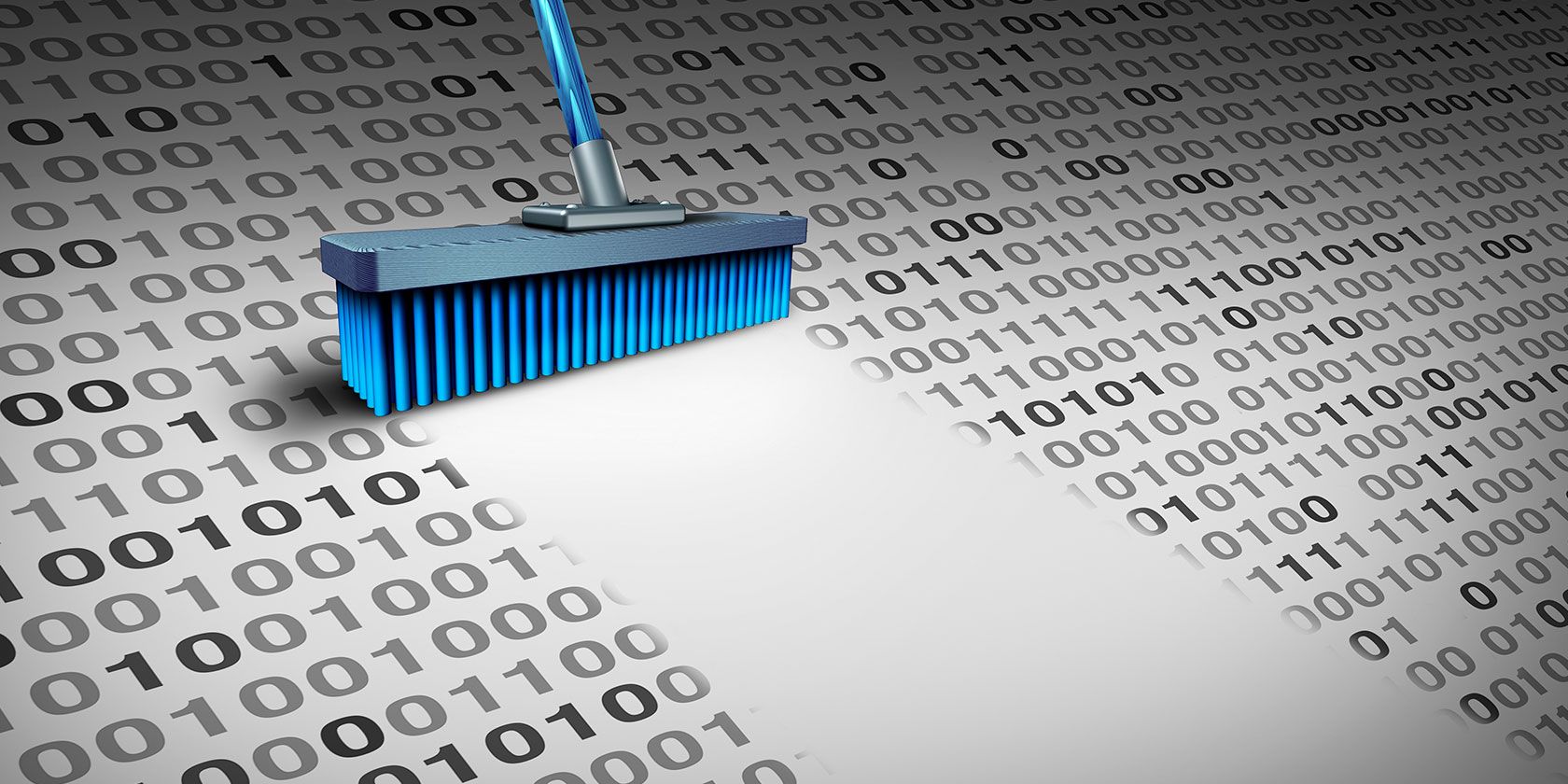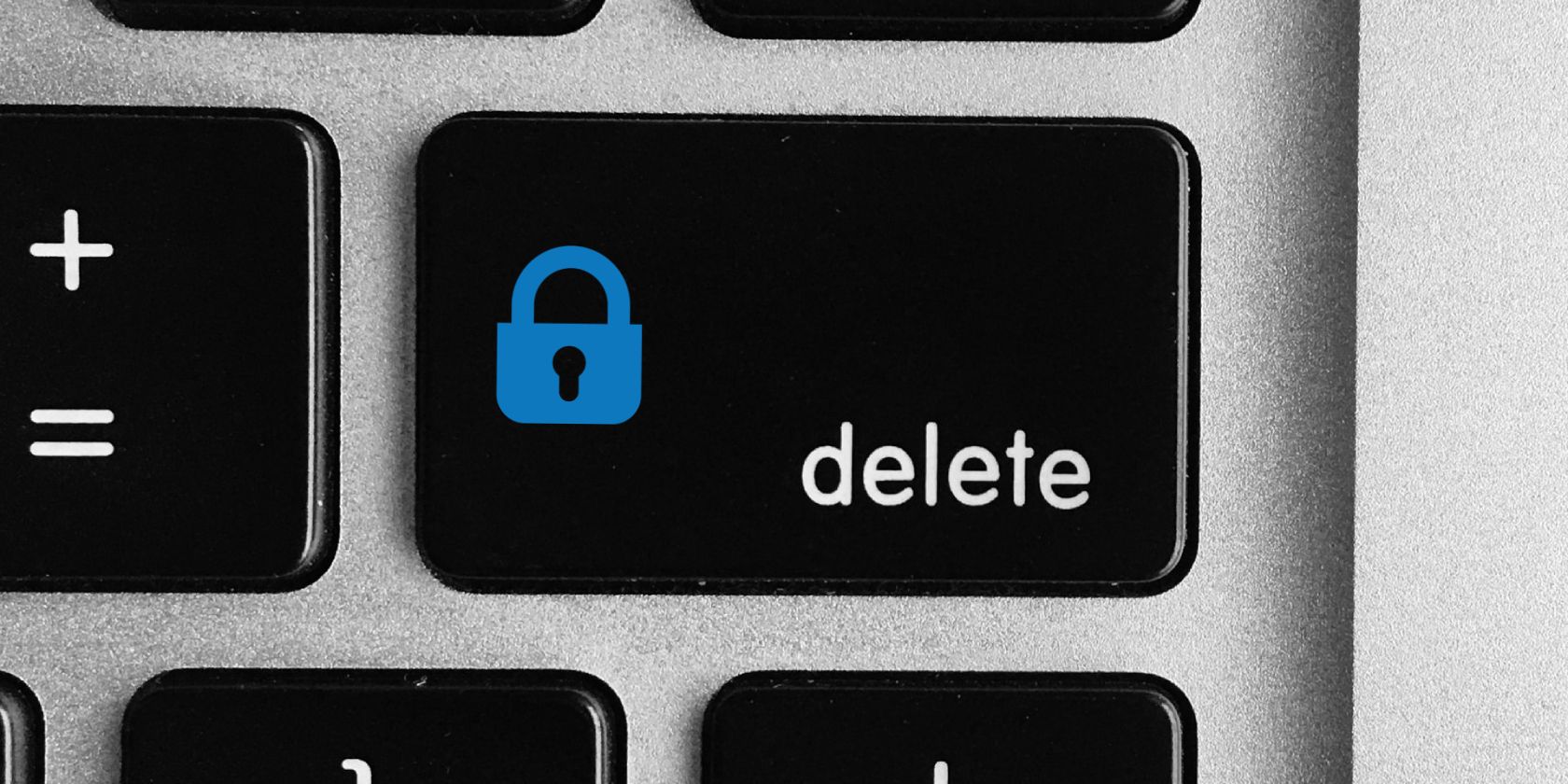One of the major tradeoffs for access to the digital world is privacy.
Unfortunately, you can never completely delete yourself from the internet, simply because you'd have to find every photo, video, tweet, mention, comment, shopping order, to name a few, and delete them. However, there are ways to minimize your online footprint, reducing the likelihood of your data being exposed.
In this article, we have outlined a basic roadmap on how to get control of what information about you is available online. If you want delete your online presence, read on.
How To Remove Yourself From the Internet
There are several reasons anyone would want to remove all traces of themselves from the internet permanently. Reasons may likely include:
- To safeguard your identity and prevent identity theft.
- Increase your general privacy.
- You are being bullied or stalked online.
- Clean your online image as you are up for a political post.
- Put an end to all those targeted advertisements. Although unlikely, if this is a major reason for deleting yourself from the internet, you'll be glad to know that there are ways to reduce targeted ads on social media.
- You are about to do something nefarious.
The list goes on, but before we proceed to the steps, deleting yourself from the internet comes with some drawbacks, like:
- You will lose access to certain platforms and services, as emails and some personal information are required for access.
- An absence of a digital presence may be seen as a red flag against you, especially during job interviews.
- You will become more isolated as non-physical interactions with friends, family, or colleagues will become more difficult.
If these are your intentions in the first place or you are comfortable with these drawbacks, then let's proceed.
How To Delete Yourself From the Internet
The only way to regain control over your privacy is to control what details about yourself are available online.
Remove Your Personal Details From Search Engines and Data Collection Sites
The first place anyone looking for information about you would likely try is a search engine, especially Google. So you should search for your name in not only Google, but also Bing, Yahoo, and any other search engine available in your region.
Search Engines That Find More Than What Google Shows
The search will likely also show results with sites that act as data brokers like Whitepages, Spokeo, and MyLife. These sites act as data collection points with names, phone numbers, addresses of random people. They are a high privacy risk as this data is available for sale to anybody. Therefore, it is extremely important that you promptly request your information removed if you find your name on any of these sites. If you're in Europe, fill this request form to have Google remove your personal information from their search engine.
Remove Outdated Search Results
Assume you want to remove a webpage that contains personal information about you. Like your former employer's staff page, even months after you've left. You contact them to request that they update the page. They do, but when you Google your name, the page still appears in the search results despite your name being nowhere to be found when you click the link. This means that the previous version of the page is still cached on Google's servers.
What to do? Submit the URL to Google in the hope that it will update its servers, deleting the cached search result and disassociating you from the page. Of course, there's no guarantee Google will remove the cached information for whatever reason, but it's worth a shot to remove as much of your presence from the internet as possible.
Delete Your Social Media Accounts
Without a doubt, your social media accounts contain a large cache of very personal details. Any stranger can look at your photos, videos, birthdays, and family links just by scrolling through your social page. Delete and deactivate all your social media accounts, and we mean all. Your Facebook, Twitter, Instagram, LinkedIn, Reddit, and everything else all have to go. Again, this is a big deal, so make sure you consider the long-term implications of deleting your social media accounts before you do so.
To delete these accounts, navigate to your account settings and look for the option to deactivate, remove, or close your account. Depending on the account, it could be under Security, Privacy, or something similar.
If you're having trouble with a specific account, try searching "How to delete," followed by the name of the social media account you want to delete online. You will find guidance on how to delete that specific account. If deleting the account is impossible, change the account information to randomize it completely and switch it to private.
Clear Your Online Shopping and Browser History
Every time you shop online, you leave your financial information on the site and a mailing address, too. These sites, if breached, might reveal a host of personal and sensitive details about its shoppers.
So, just like you did with your social media accounts, all your shopping accounts must either be deleted or deactivated. Your browser history, including passwords, cache, cookies, bookmarks, and payment methods, must be cleared.
Using a VPN or a Tor browser won't be enough to mask your online presence, so for effectiveness, clear all.
Delete Email Accounts and Blog Activity
To truly stay deleted yourself, your email account has to go. This is an important step, as your email contains a lot of personal, financial, and trivial information about you.
Also, blogs, posts, and comments contain personal thoughts and opinions which you might not want out in the open. So all those email accounts, online blogs, and forums you have subscribed to, whether active or not, must be deleted. Run your details through several search engines to find any old accounts you have in case you missed any.
Some of these forums make it difficult to delete past comments, so the best alternative is to go back and trace all and edit each.
Avoid Smart Devices and Restrict Your Phone App Permissions
Most of our devices are smart now, meaning they come with multiple functions. This is an easily overlooked flaw, as they have mics and cameras that can listen and record you installed in them. To accomplish your goal of total anonymity, your Alexa, Ring, and other smart speaker devices have to go. You should also aggressively restrict the apps that have access to certain permissions like location, mic, the camera on your phone.
Use Internet Privacy Companies and Sites To Scrub Your Data
Certain internet sites provide features that help in searching and cleaning overlooked data. Examples include:
- DeleteMe: This is a company that provides year-long protection from data collecting sites and brokers. For a subscription fee, the company periodically searches and removes any personal information on any data collection sites.
- AccountKiller: This is a very useful site that catalogs the fastest way to delete any online account. This site also provides tips on how to fully privatize your account in the event you can't delete it.
- JustDeleteMe: This is another site that acts as a directory for steps to remove or cancel an account, including handy links.
Can You Ever Really Delete Yourself From the Internet?
Will all those steps delete your internet information? Most likely. The biggest issue is completing them, as each step requires determination, patience, and in some cases, money. An alternative route is to hire an online reputation company, as these people are better equipped to help you achieve your goal. If you find these extreme or realize that you simply need to amp up your privacy instead of completely going offline, check out our tips for better security online.




